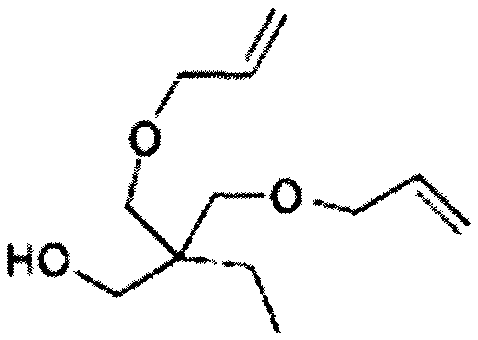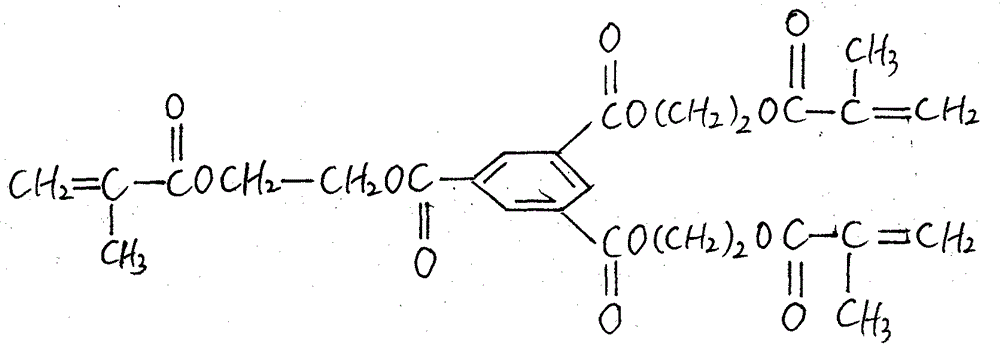UV adhesive for 3D printing mold casting molding, and uses thereof
A 3D printing and molding technology, applied in adhesives, non-polymer adhesive additives, non-polymer organic compound adhesives, etc., can solve the problems of time-consuming, complex process, labor-intensive, etc. The effect of reducing environmental pollution
- Summary
- Abstract
- Description
- Claims
- Application Information
AI Technical Summary
Problems solved by technology
Method used
Image
Examples
Embodiment 1
[0021] The UV adhesive used for 3D printing in this embodiment, the adhesive is 100% solid-containing viscous liquid, and the adhesive includes at least the following substances in weight ratio: polyolefin UV oligomer: 25-80%, polyol acrylate Monomer: 10-50%, initiator: (184, 369) 1-10%, oxygen inhibitor (allyloxymethacrylate) 1-15%. The polymerization product of polyolefin UV oligomer in this adhesive has excellent toughness and structural strength. In addition, initiators (184, 369) are specially added to this adhesive. This compound initiator can make the adhesive solidify quickly and accurately on the projection of 3D printing, and obtain the same model as the design drawing. In this embodiment, it is preferable to control the molecular weight of the above-mentioned polyolefin UV oligomer to: 15000-17000
[0022] Experiments have proved that when the molecular weight of polyolefin UV oligomer is in the above range, the structural strength and toughness can reach a more pe...
Embodiment 2
[0024] The difference between the adhesive of this embodiment and that of Embodiment 1 is that this adhesive further includes: a polyol acrylate monomer, and its weight ratio is 10-50%. The polyol structural monomer has low-temperature vaporization properties, and the addition of this component makes the cured adhesive easier to lose wax casting.
Embodiment 3
[0026] The difference between the adhesive of this embodiment and that of Embodiment 2 is that this adhesive also includes: an oxygen inhibitor (allyloxymethacrylate), and its weight ratio is 1-15%. Oxygen inhibitor prevents the adhesive from cross-linking in an aerobic environment. The addition of this component enables the adhesive to meet continuous ultraviolet light irradiation in addition to intermittent light 3D printers that use mercury lamps and 405nm LED lamps as light sources. 3D printing model.
[0027] The specific weight ratio of the adhesive of the present embodiment is shown in the table below:
[0028] formula Weight ratio Polyolefin UV Oligomer 25~80% Polyol Acrylate Monomer 10~50% UV photoinitiators (184, 369) 1~10% Oxygen Inhibitor (Allyloxymethacrylate) 1~15%
[0029] In summary, using the adhesives of the above-mentioned embodiments, intermittent 3D printing with mercury lamps and 405nm LED lamps as light sources and...
PUM
 Login to View More
Login to View More Abstract
Description
Claims
Application Information
 Login to View More
Login to View More - R&D
- Intellectual Property
- Life Sciences
- Materials
- Tech Scout
- Unparalleled Data Quality
- Higher Quality Content
- 60% Fewer Hallucinations
Browse by: Latest US Patents, China's latest patents, Technical Efficacy Thesaurus, Application Domain, Technology Topic, Popular Technical Reports.
© 2025 PatSnap. All rights reserved.Legal|Privacy policy|Modern Slavery Act Transparency Statement|Sitemap|About US| Contact US: help@patsnap.com



